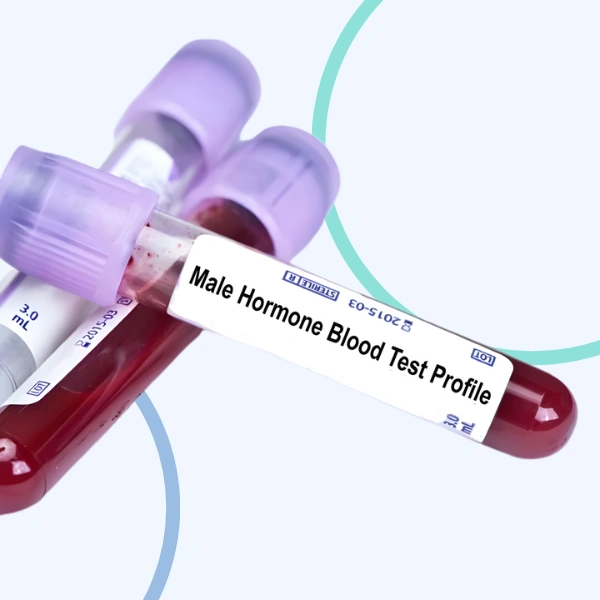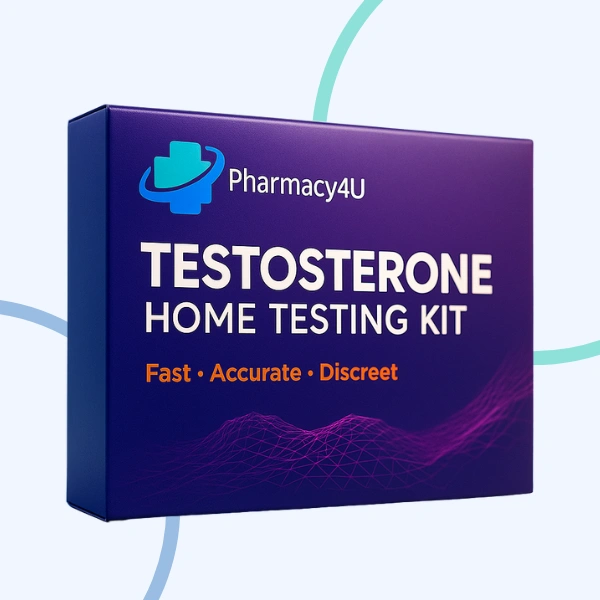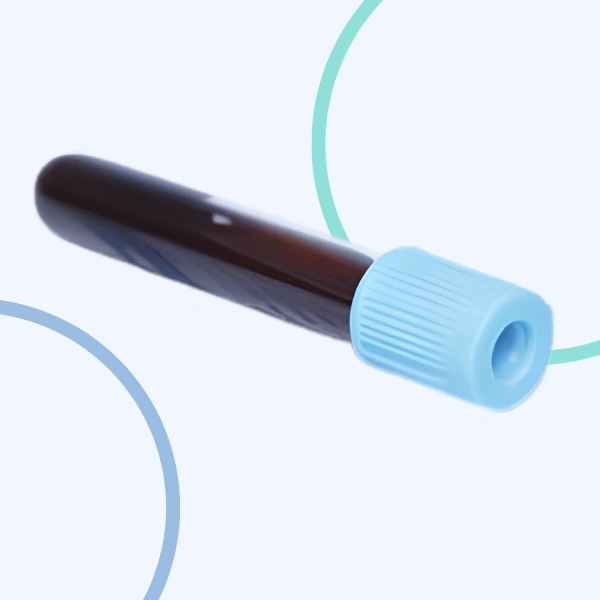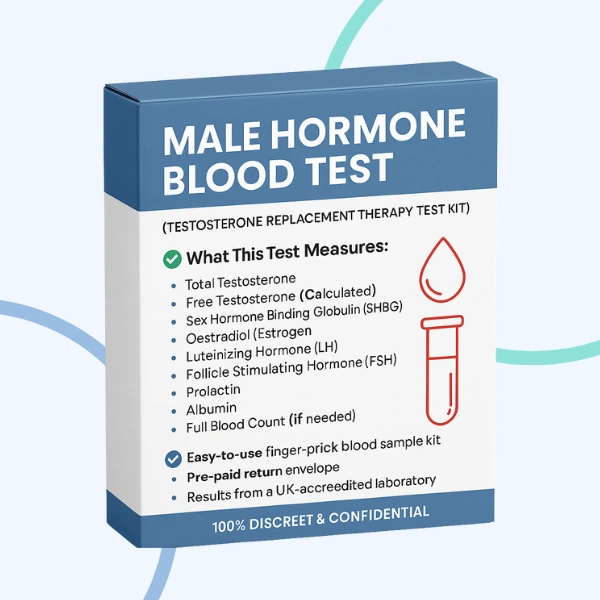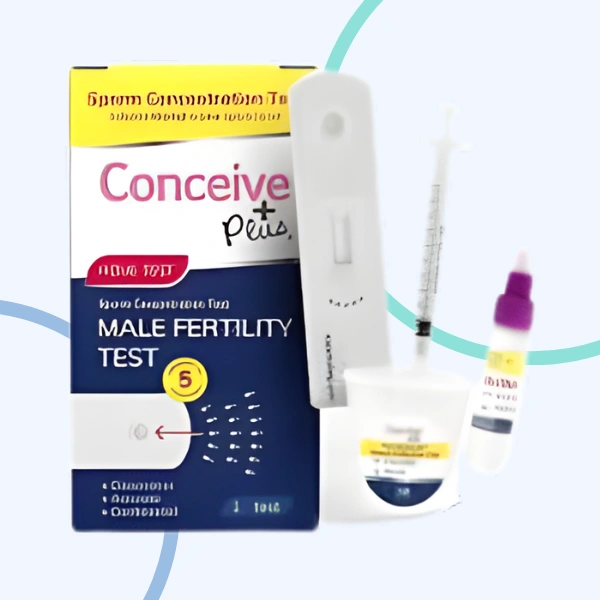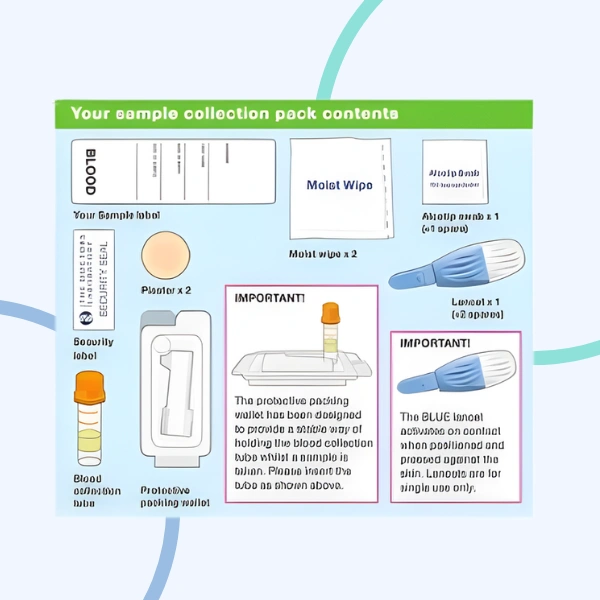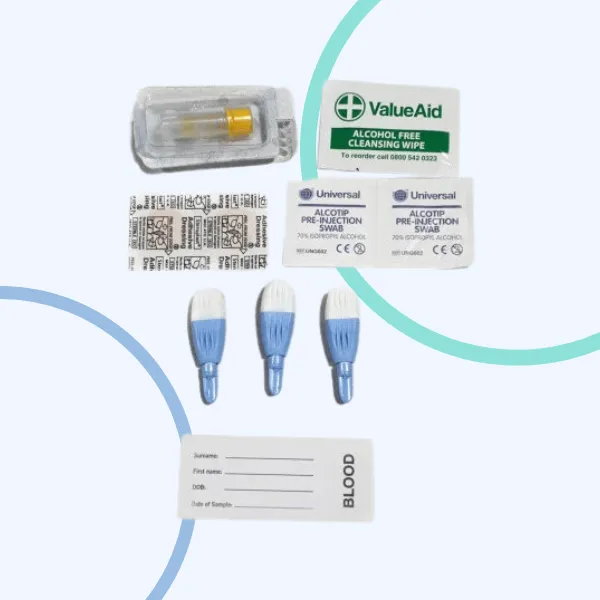- Home
-
-
-
-
-
-
-
-
- Skincare
- Sleep
- Buy Sleeping Tablets
- Migraine
- Diarrhoea & Constipation
- Threadworms
- Trapped Wind
- Haemorrhoids/Piles & Anal Fisure
- Dandruff
- Fungal Infections
- Scars, Cellulite & Stretch Marks
- Warts & Verrucas
- Cough & Cold
- Excessive Sweating
- Lice & Scabies
- Snoring
- Children & Babies
- Nausea
- Managing Medication - Pill Boxes And Tablet
- Acid Reflux & Heartburn
-
- Feminine Underwear
- Angina And Heart Health
- Children's Healthcare
- Cystitis & Urinary Infections
- Coughs, Cold And Flu
- Hair Care - Head Lice & Nits
- Skin Care.
- Hangover Relief
- Hayfever & Allergy Relief
- Health Monitoring & Diabetes
- Herbal Remedies
- Excessive Sweating
- Lip Care
- Nasal Care.
- First Aid
- Oral Health
- Ostomy Care & Catheter Care
- Pain Relief Care
- Piles & Haemorroids
- Sleeping Aids
- Thrush Treatments
- Travel Health
- Vaginal Infections
- Vertigo
- Digestion & Indigestion
- Toiletries
- Incontinence Care
- Low Protein
- Multivitamins & Supplements
- Baby Milk & Formula's
- Wound Management
- Diabetes Test Strips & Needles
- Feminine Hygiene
- Male Enhancement
- Eye Care
- Ear Care
- Mouth Care
- Foot Care
- Health Care
- Oral Trush
- Sun Care.
- Acne Care
- Rosacea Skin Care
- Psoriasis Skin Care
- Eczema Skin Care
- Hair Loss Care
- Quit Smoking Aids
- Asthma Healthcare
- CBD & Herbal Remedies
- Immunity
- Bone
- Nutritional Drinks
- Worms
- Baby Healthcare
- Bites & Sting Relief
- Chicken Pox
- Urinary/Bladder Problems
- Vaginal Dryness
-
-
-
- Contraceptive Pill
- Morning After Pill
- Period Delay
- Alternative Contraceptives
- Bacterial Vaginosis
- Period Pain
- Hormone Replacement Therapy (HRT)
- Vaginal Dryness
- PCOS
- Feminine Hygiene Underwear
- Female Hormones Test
- Women's Health - Thrush
- Cystitis Treatments
- Hirsutism (Hair Removal)
- (UTIs) Urinary Tract Infections
-
-
-
-
Male Hormone Blood Test
- Categories: Health Test Kits Men's Health Kits
Guaranteed Safe Checkout
Male Hormone Blood Test
Check your complete male hormone profile at home
Description:
Our Male Hormone Check Blood Test provides a comprehensive assessment of 10 key hormones that influence male strength, vitality, and overall well-being. This test is ideal for men experiencing symptoms such as low energy, reduced muscle mass, decreased libido, mood changes, or general feelings of not being themselves.
This comprehensive hormone panel is perfect for men investigating potential hormonal imbalances or those who simply want to optimise their health and understand their hormone status. The test measures both total and free testosterone alongside supporting hormones to provide a complete picture of your hormonal health.
Understanding your hormone levels can help identify imbalances that may be affecting your energy, physical performance, sexual health, and overall quality of life, enabling you to take informed steps towards better health and vitality.
Key Features
Turnaround Time: Results estimated in 2 working days Biomarker Count: 10 key male hormone biomarkers Doctor's Report: Includes personalised doctor's comments and recommendations Sample Collection: Finger-prick blood sample at home Free Delivery: Free standard delivery included
Sample Collection Options
Finger-prick at Home
We'll send you everything you need to collect your blood sample from the comfort of your home. Our finger-prick collection method is designed to be simple and straightforward, with clear step-by-step instructions included in your kit. If you use hormone gels or creams, we strongly recommend opting for a venous collection method to reduce the risk of sample contamination.
Biomarker List
Hormones
Testosterone
The primary male sex hormone that regulates sex drive and controls bone mass, fat distribution, muscle mass, strength, and the production of red blood cells and sperm. Testosterone levels naturally decline with age and low levels can cause fatigue, reduced libido, and difficulty maintaining muscle mass.
Calculated Free Testosterone
The biologically active form of testosterone that is not bound to proteins and is available for use by the body. Free testosterone is often a more accurate indicator of testosterone activity than total testosterone alone, particularly in men with borderline total testosterone levels.
FSH (Follicle Stimulating Hormone)
A hormone produced by the pituitary gland that controls sperm production in the testicles. Abnormal FSH levels can indicate problems with testicular function or fertility issues.
LH (Luteinising Hormone)
A hormone that stimulates the testicles to produce testosterone. LH levels help assess whether low testosterone is due to problems with the testicles or the pituitary gland.
Oestradiol
A form of oestrogen that is important for bone health, libido, and overall well-being in men. While men have much lower levels than women, oestradiol plays crucial roles in male health and abnormal levels can affect mood and sexual function.
Free Androgen Index
A calculated measure that indicates the amount of testosterone available for use by the body's tissues. This index helps assess testosterone activity more accurately than total testosterone alone.
Prolactin
A hormone that affects sexual function, fertility, and mood. Elevated prolactin levels in men can cause reduced testosterone production, decreased libido, and erectile dysfunction.
DHEA Sulphate
A hormone produced by the adrenal glands that serves as a precursor to sex hormones including testosterone. DHEA levels decline with age and low levels may contribute to reduced energy and vitality.
Albumin
A protein produced by the liver that binds to hormones including testosterone. Albumin levels are used in calculating free testosterone and the free androgen index.
SHBG (Sex Hormone Binding Globulin)
A protein that binds to sex hormones including testosterone, making them less available for use by the body. SHBG levels affect how much testosterone is available for biological activity.
Detailed Test Information
What's Measured
This comprehensive test measures 10 key male hormones that work together to regulate strength, vitality, sexual function, and overall well-being. The panel includes both total and calculated free testosterone to provide a complete picture of testosterone status, alongside supporting hormones that influence testosterone production and activity. This comprehensive approach helps identify the root causes of hormonal symptoms and provides a thorough assessment of male hormonal health.
Why Take This Test
Consider taking this test if you're experiencing:
Low energy or chronic fatigue Reduced muscle mass or difficulty building muscle Decreased sex drive or libido Erectile dysfunction or sexual performance issues Mood changes, irritability, or depression Difficulty concentrating or brain fog Increased body fat, particularly around the midsection Poor sleep quality or insomnia Reduced motivation or drive General feelings of not being yourself
What's Included
Home finger-prick blood collection kit with all necessary equipment Prepaid return packaging for secure sample transport Clear, step-by-step instructions for sample collection Personalised doctor's interpretation of your results Evidence-based recommendations for hormone optimisation Access to secure online results portal Detailed explanations of each biomarker tested
Scientific Background
Male hormone levels naturally decline with age, with testosterone typically decreasing by about 1% per year after age 30. Normal testosterone levels for adult men range from approximately 8.7–29 nmol/L, though optimal levels may vary based on individual factors. Free testosterone, which represents the biologically active portion, typically accounts for 1-3% of total testosterone. Supporting hormones like FSH, LH, and prolactin work together to regulate testosterone production and activity, making comprehensive testing more informative than measuring testosterone alone.
How It Works
Order Your Test
Place your order online and we'll dispatch your kit the same day for next-day delivery to your chosen address.
Collect Your Sample
Follow the simple instructions to collect your finger-prick blood sample. Best done first thing in the morning between 6am and 10am when hormone levels are at their peak.
Return Your Sample
Use the prepaid packaging to return your sample to our accredited laboratory for professional analysis.
Get Your Results
Receive your results and personalised doctor's comments in your secure online dashboard within 2 working days.
Take Action
Use your personalised recommendations to make informed decisions about your health, lifestyle, and potential treatments.
Test Limitations & Important Information
Medical Limitations
This test provides a snapshot of your hormone levels at a single point in time. Hormone levels can fluctuate throughout the day and in response to various factors including stress, illness, exercise, and sleep patterns. For the most accurate results, we recommend collecting your sample in the morning when hormone levels are typically at their highest. Results should be interpreted in the context of your symptoms, medical history, and overall health status. This test is not intended to diagnose any specific medical condition without clinical correlation and professional medical assessment. If you use hormone gels or creams, venous blood collection is strongly recommended to avoid sample contamination that could affect results.
Who Should Not Take
This test is not suitable for anyone currently taking testosterone replacement therapy, anabolic steroids, or other hormone treatments, as these will significantly affect the results. If you're currently taking medications that affect hormone levels, please consult with your doctor before taking this test. Men under 18 years of age should not take this test without medical supervision.
Frequently Asked Questions
When is the best time to take this test?
For the most accurate results, we recommend collecting your sample in the morning, ideally between 6am and 10am when testosterone and other hormone levels are at their daily peak. Avoid vigorous exercise or sexual activity for 48 hours before testing as these can affect prolactin levels.
How accurate is a finger-prick blood test for hormones?
Our finger-prick tests provide clinically accurate results for hormone testing. However, if you use hormone gels or creams, we strongly recommend venous blood collection to avoid potential sample contamination that could affect your results.
What are normal hormone levels for men?
Normal testosterone levels for adult men typically range from 8.7–29 nmol/L, though optimal levels can vary based on age and individual factors. Your results will include personalised reference ranges and doctor's comments to help interpret your specific levels in context.
Should I fast before taking this test?
Fasting is not required for this hormone test. However, we recommend avoiding biotin supplements for two days before testing, heavy meals immediately before collection, and nipple stimulation, as these factors can affect certain hormone levels.
How often should I check my hormone levels?
For monitoring purposes, we recommend retesting every 6-12 months, or as advised by your healthcare provider. If you make lifestyle changes or start any treatments, testing after 3-6 months can help assess their effectiveness on your hormone levels.
What should I do if my results show abnormal hormone levels?
If your results indicate hormonal imbalances, your personalised doctor's report will include specific recommendations for next steps. This may include lifestyle modifications, further testing, or referral to a specialist such as an endocrinologist for additional evaluation and potential treatment options.


